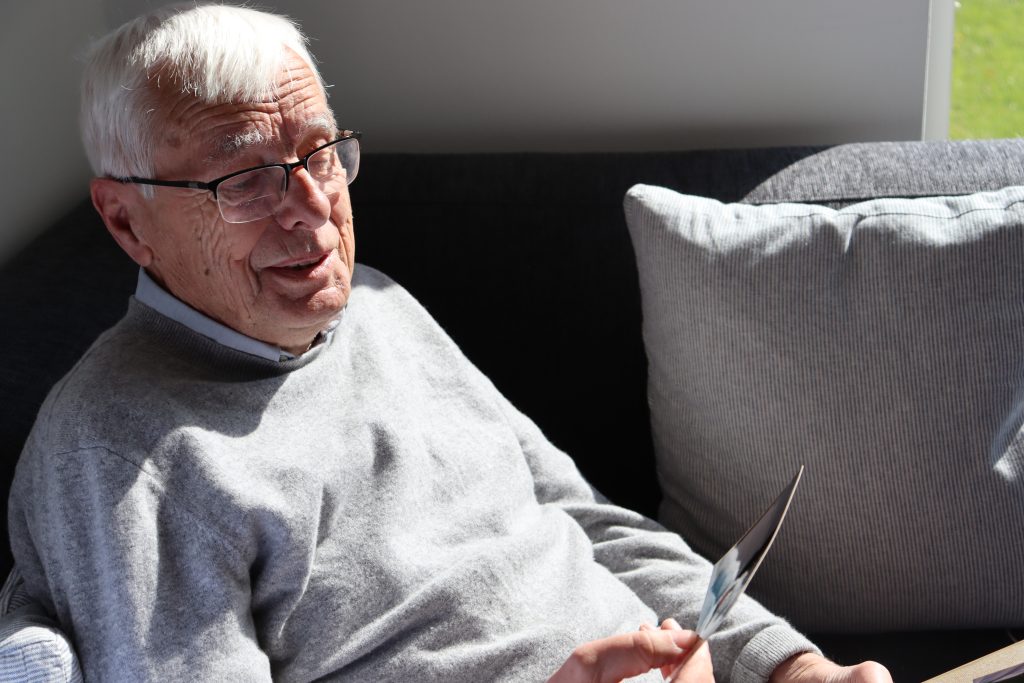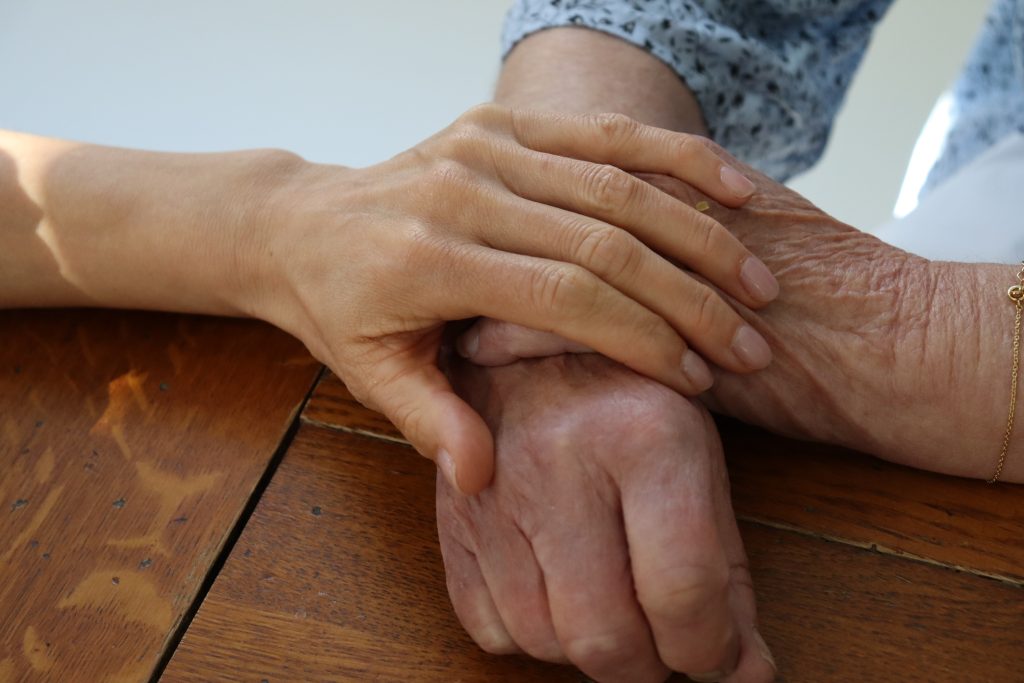Palliative means relief. Palliative care is soothing care while undergoing either life-prolonging treatment or curative treatment. In this article, you can learn more about what palliative care is, what it entails, and what the stages of palliation are.
It is important to mention that palliative care and terminal care are not the same. In terminal care, the patient is dying and has hours, days or weeks to live. Receiving palliative care does not mean that you are dying. However, the patient has a life-threatening illness, but the patient is not terminal. Terminal care is aimed solely at palliation, as there is no cure. When receiving palliative care, you are either receiving curative or life-prolonging treatment.
What are the phases of palliative care?
When it comes to palliative care, the Danish Health Authority has defined the phases of care. The palliative phase can last up to years, and palliative care extends throughout this period. Usually, the stages of palliation are divided into three:
- The early palliative phase
- The late palliative phase
- The terminal palliative phase
In early palliative care, curative and life-prolonging treatment can still be attempted and there are still in-hospital tests. The aim of this treatment is to enable the patient to lead as normal a life as possible. This phase can last for several years.
In the late palliative phase, curative treatment has usually ceased, but life-prolonging treatment will continue. At this stage, issues such as resuscitation and whether blood tests are still needed are considered. At this stage, you should also take care of matters such as wills. The late palliative phase usually lasts a few months.
In the terminal palliative phase, the patient is terminal. All life-prolonging treatment is discontinued and the focus is now exclusively on palliative care. This phase lasts for days or weeks and the condition will often worsen from day to day.
What is palliative care?
Palliative care generally aims to improve quality of life and alleviate symptoms, such as:
- Psychological symptoms, such as loneliness, depression, anxiety and grief
- Physical symptoms, such as breathing problems, fatigue, nausea, pain and constipation
- Social, existential and spiritual issues, such as finances, the meaning of life, spirituality and the future life of relatives
Palliative care takes place over a longer period of time. The care can be provided in a hospital, nursing home or at home.
When is a person palliative?
As mentioned, being palliative does not necessarily mean that you are dying. You are palliative if you are suffering from a life-threatening illness. Examples include life-threatening diseases such as cancer, respiratory diseases, circulatory diseases and cardiovascular diseases. When suffering from a life-threatening illness, patients and their families have the right to palliative care.
Palliative care at home
As mentioned above, it is possible to receive palliative care in your own home – or a so-called home hospice. A private nurse can help you set up a framework for palliative care. They will typically have many years of experience in palliative care, whatever stage the patient is in. This allows for the provision of professional nursing care and the necessary care and attention to enhance the quality of life in palliative care.
As well as providing the necessary care, a private nurse can also relieve the burden on relatives by handling practical tasks. This allows relatives to spend more time with their loved ones. Whatever palliative phase the patient is in, a private nurse will be trained to be highly focused on care and palliation, as well as on the wishes of the patient and their relatives.
This allows palliative care to be adapted to the specific needs of each patient and their families. For many, palliative care is a tough and difficult process, and it is important that everyone involved feels seen, heard and cared for.
Find out more about how to choose the right nursing care agency. See also an overview of prices for the sector and reimbursements.

Learn more about palliative care:


